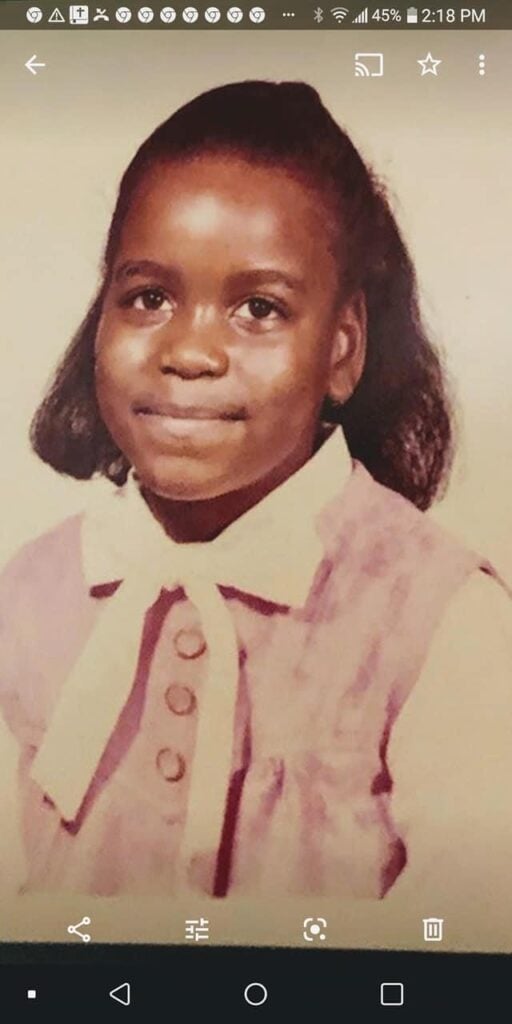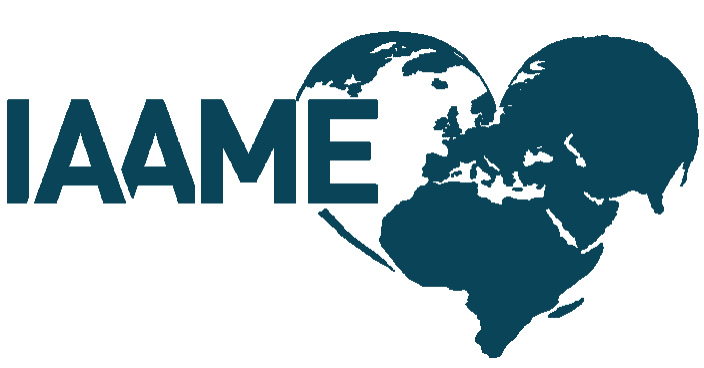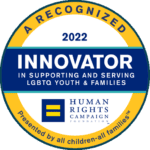Separated by the Circumstances of Adoption
This is the second part of a special three-part series on search and reunion. It follows the journey of Paulette and includes historical and helpful information about the search for biological family.
Search and Reunification
Paulette did not have an easy road when she decided to try and find her birth mother. The search process for biological family members in closed adoptions is historically near-impossible by design. Due to past social stigmas involved with adoption such as infertility and illegitimacy, laws and systems were put in place to intentionally obscure the other party’s identity – birth certificates were amended to remove birth parents’ names, and birth mothers did not know by whom their children were being adopted. Adoption agencies also have their hands tied, at risk of losing their ability to place children with adoptive families if they share too much. When Paulette reached out to Spence-Chapin at the start of her journey, we informed her that adoption agencies are legally restricted in terms of what can be released from their adoption records, and the only details we would be allowed to give is “non-identifying” information.
In her non-identifying information, Paulette learned details like “your grandmother was a licensed beautician, and your grandfather worked for a construction company.” Paulette also discovered that she had an older brother who had been surrendered for adoption too—two years before she was. Some adoptees bring these non-identifying facts to a costly private investigator, but unfortunately there is little luck of success.
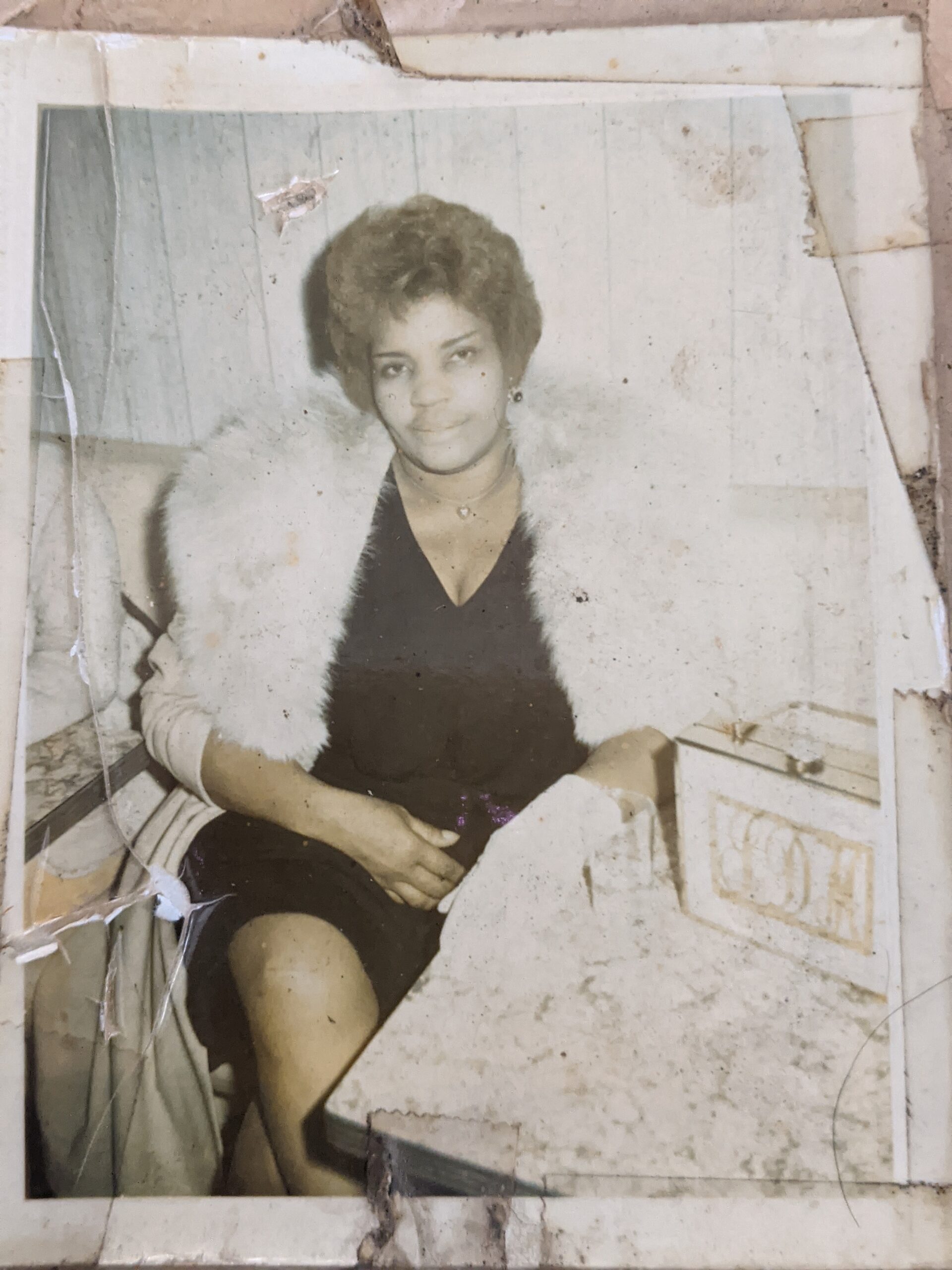
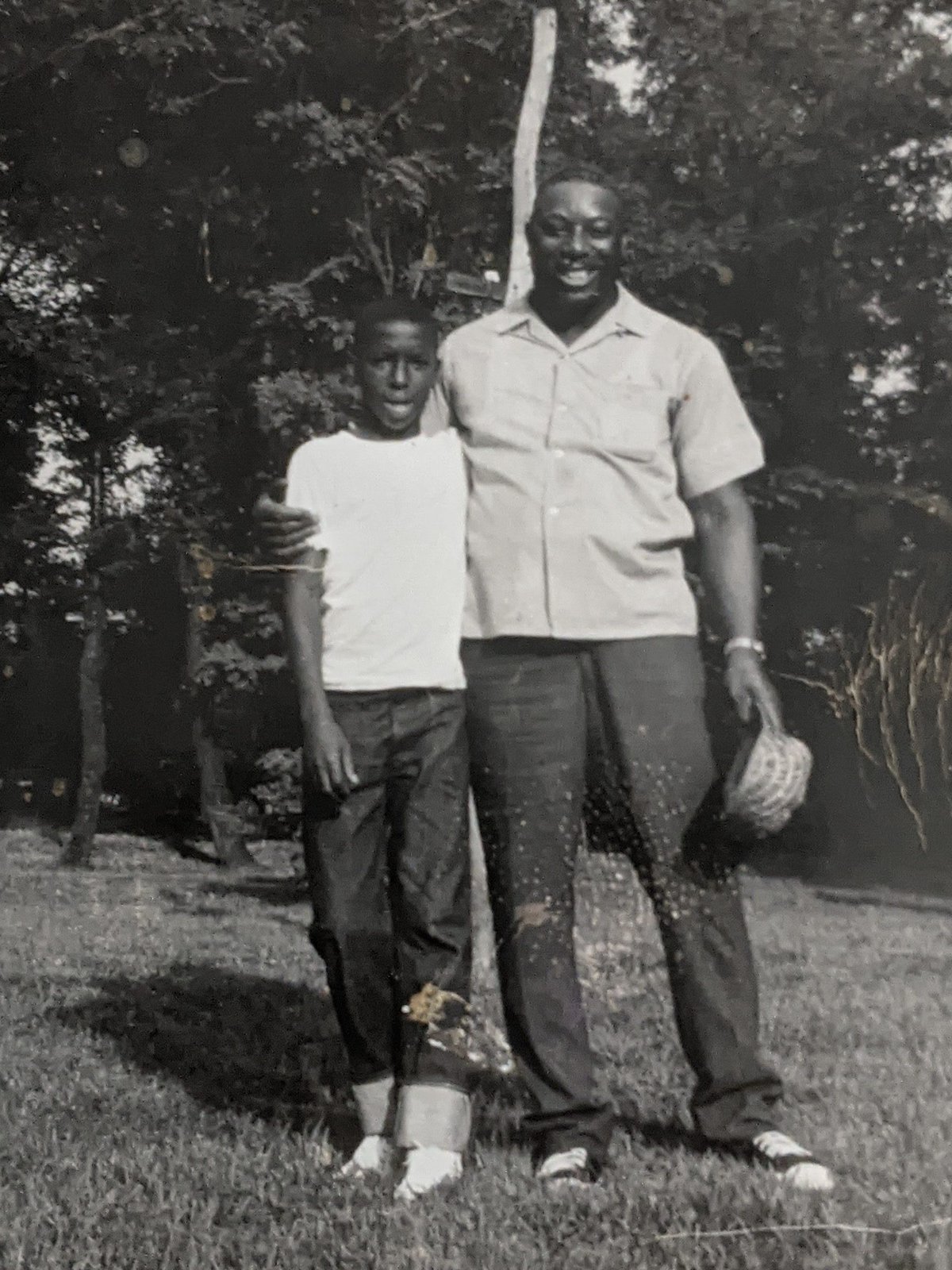
With few resources available to them and nowhere else to turn, many adoptees pore through birth indexes at public libraries or municipal offices. The hope is to find entries of children born on their birthdate, desperately trying to find any connection to their birth family and what answers that might bring. Paulette took her family on a fact-finding trip to New York all the way from Utah, all five children and her partner fervently encouraging her to search for her birth family. Paulette was so grateful for the continued support of her children, explaining, “My children was right there with me, ‘Mommy, we want you to find your family, we wanna meet… We wanna know if we have aunts or uncles, great aunts or uncles or grandparents. We wanna meet everybody.’”
However, some states don’t allow adoptees to access their original birth certificates, so they don’t know their original name and can’t access their biological parents’ names. Paulette’s frustration was obvious when she said, “We all came to New York, we went to the big library that has the lions in front of it. And we went downstairs to the records, and I couldn’t find my birth certificate nowhere, and I was like, ‘This is just a dead end. I will never be able to find my family.’”
Many adoptees like Paulette are then at a standstill. They can’t access the records that could tell them secrets about their biological families, or even the secrets of what’s hidden in their own DNA. Paulette realized that once she made the difficult decision to search for her family, the process had only just begun. Getting any information at all is near impossible, because “what happens is once you’re adopted and the records are sealed, you can’t get anything. You can’t get anything at all.”
Responding to the need of birth parents and adoptees, states have begun putting processes in place for reunification. Starting in the 1980s, the New York State Adoption Information Registry was born. Both birth parents and adoptees could ‘register’ to receive identifying information on the other party, including names and contact details. If the Registry can ‘match’ two related parties, both of whom must be registered in the system, identifying information can be exchanged in both directions, thus facilitating a reunion. Each state has their own systems and laws in place regarding the openness of communication allowed and in New York, biological siblings of adoptees are also eligible for registration. However, in Paulette’s case, her biological siblings didn’t even know that they had siblings themselves, and therefore never submitted to the registry.
Although these registries are a step forward, they can also be limited because they are contingent on vital record information. The New York State Adoption Information Registry can look ‘behind the scenes’ to link an adopted person to their original birth certificate, information that is not usually available to the adoptee. These birth certificates contain details on the biological family, but they’re limited by their time. For many decades, biological fathers were not named on original birth certificates; for those who were unnamed, the registry has no ability to ‘match’ them to their biological children. If the birth occurred out of state, the ability to pair two related parties is often dependent on the cooperation of the other state.
On November 14, 2019, New York City passed a law allowing adoptees to receive their original birth certificate. At that time, Paulette had reached a standstill with her own search—she had found biological relatives through the Ancestry.com DNA service but was unable to figure out how she might be related to them. She needed the name of her birth mother, which was only available on her original birth certificate. As soon as she heard about the new law’s passage, she immediately requested her own and breathlessly waited for their promised date of delivery in March 2020—when the pandemic hit. “And I was like, ‘Oh my goodness, how long do I have to wait?’”
Go to part three in this series to hear how Paulette finally reunites with her biological family, and what life has been like since she made contact!
Paulette would like to use her own words to thank the people that have stood by her side during her search and discovery. “I would like to acknowledge my family and close friends that stood by me through this journey when I was looking for my biological family. My children Satira, Maurice, Anthony, David, and Crystal Lewis. My handsome & beautiful grandchildren Adrian, Amari, Jayla, David Jr., and Jeremiah. My Mentor Ms. MaryAnn Hawthorne, My Sisters in the Lord Theresa Smith, Eartha White, Pastor Brenda Legins. Most of all my biological family who welcome my children and I with open arm in October 2021. The Simon family. The Lord has Truly Blessed me with a Beautiful family. Love you all for your encouraging words on my Journey.”
The lack of access to one’s origin story can be confusing when an adoptee is searching for their own identity. These policies date back to depression-era, and are rooted in the outdated belief that adoption is shameful and secretive. Adoption is beautiful- it should be celebrated, and adoptees should have the same rights as everyone else to gain the information of where they come from.
If you are an adoptee, biological parent, or adoptive parent and this resonates with you, Spence-Chapin is here to help. Read below to learn more about the support services we can offer and the resources available to you as you traverse your adoption journey.
Support and Next Steps
Emotional Wellbeing
Spence-Chapin’s adoption-competent social workers can provide emotional support in a wide range of topics. This includes, but is not limited to, support in coping with the search and reunion process, the unknowns of one’s background, or in navigating newly found (and newly rekindled) relationships. Sessions can be accessed via phone, video chat, or in-person at our Manhattan office. Birth parents are welcome to attend a free, peer-led birth parent support group that is hosted monthly at Spence-Chapin’s Manhattan office. To learn more about these services, or to make an appointment, please contact our Therapy and Consultation team by phone at 646-539-2167, or by email at postadoption@spence-chapin.org.
Record Services
In addition to Spence-Chapin’s own adoption records, Spence-Chapin maintains the adoptions records of the defunct Sophia Fund and Louise Wise Services (including records of the former Free Synagogue Child Adoption Committee). Spence-Chapin also maintains pre-1960 adoption records for the defunct agency of Talbot Perkins. To make an information request with Spence-Chapin, please find related information at: www.spence-chapin.org/parr
For Louise Wise foster care records, post-1959 Talbot Perkins records, information requests should be directed to the New York City Administration for Children’s Services: www1.nyc.gov/site/acs/about/contact-acs.page
*Spence-Chapin is bound by law in regard to the information we can provide to adoptees from their adoption records. New York State law only permits the release of non-identifying information, if available, as it was reported at the time of the birth of the adoptee and also at the time of the surrender of the adoptee, and which fits the following specific categories: (1) age of the birth parents in years; (2) heritage of the birth parents, which shall include nationality, ethnic background and race; (3) education, which shall be the number of years of school completed by the birth parents; (4) general physical appearance of the birth parents; (5) religion of the birth parents; (6) occupation of the birth parents; (7) health history of the birth parents; (8) talents, hobbies and special interests of the birth parents; (9) facts and circumstances relating to the nature and cause of the adoption; (10) name of the authorized agency involved in such adoption; (11) the existence of any known biological siblings of the adoptee; (12) the number, sex and age, at the time of the adoptee’s adoption, of any known biological siblings. (Public Health Law 4138-c).
^names have been changed
The New York State Adoption Information Registry
This registry service is run through the New York State Department of Health and is available to adoptees who were born or adopted (domestically) in New York State; international adoptees are ineligible for this service. The Registry is able to facilitate the exchange of identifying information, including the names and contact information of eligible biological parents and siblings. In order to exchange identifying information, an eligible biological parent or sibling must also be registered with the Registry, and their relationship to the adoptee must be verifiable through vital records. Through the Registry, a birth parent may also anonymously leave health information, which is made available to the adoptee as soon as the adoptee becomes registered. You can read more about the Registry at the following website: www.health.ny.gov/vital_records/adoption.htm
New Jersey Vital Statistics
Adoptees who were born and/or adopted in New Jersey may apply for their original birth certificate through the New Jersey Office of Vital Statistics. Upon applying for an original birth certificate from New Jersey, the applicant may also receive family history information and birth parent contact information, if this information was supplied to the New Jersey Office of Vital Statistics by the birth parent. You can read more about these New Jersey services at the following link: www.state.nj.us/health/vital/adoption/vital-record-law-changes-faqs
Original Birth Certificates
As of January 15, 2020, adoptees who were born and/or adopted (domestically) in New York State are eligible to apply for their original (pre-adoption) birth certificates. Direct decedents of deceased adoptees are also eligible to apply. Original birth certificates are only available through government vital record offices and not from adoption agencies. Generally speaking, original birth certificates contain identifying information about at least one birth parent.
For those born in one of the five boroughs of New York City, original birth certificates are available through the New York City Department of Health and Mental Hygiene: www1.nyc.gov/site/doh/services/birth-certificates.page
For those born elsewhere in New York State, original birth certificates are available through the New York State Department of Health:
www.health.ny.gov/vital_records/obtaining_birth_certificate.htm
For those who were adopted in New York but born in another state, original birth certificates may not be available. However, New York will attempt to supply to the information that would be on the original birth record. Clients in this situation should apply for their original birth record information from the New York State Department of Health: www. www.health.ny.gov/vital_records/obtaining_birth_certificate.htm
For those born in another state, the original birth certificate may be available from the state of birth, depending on the laws of that state. Please visit the website of the Adoptee Rights Law organization for a state-by-state list of original birth certificate laws:
www.adopteerightslaw.com/united-states-obc

